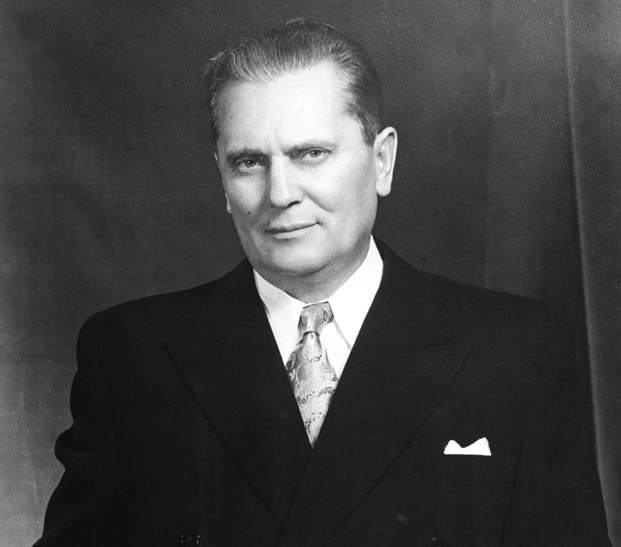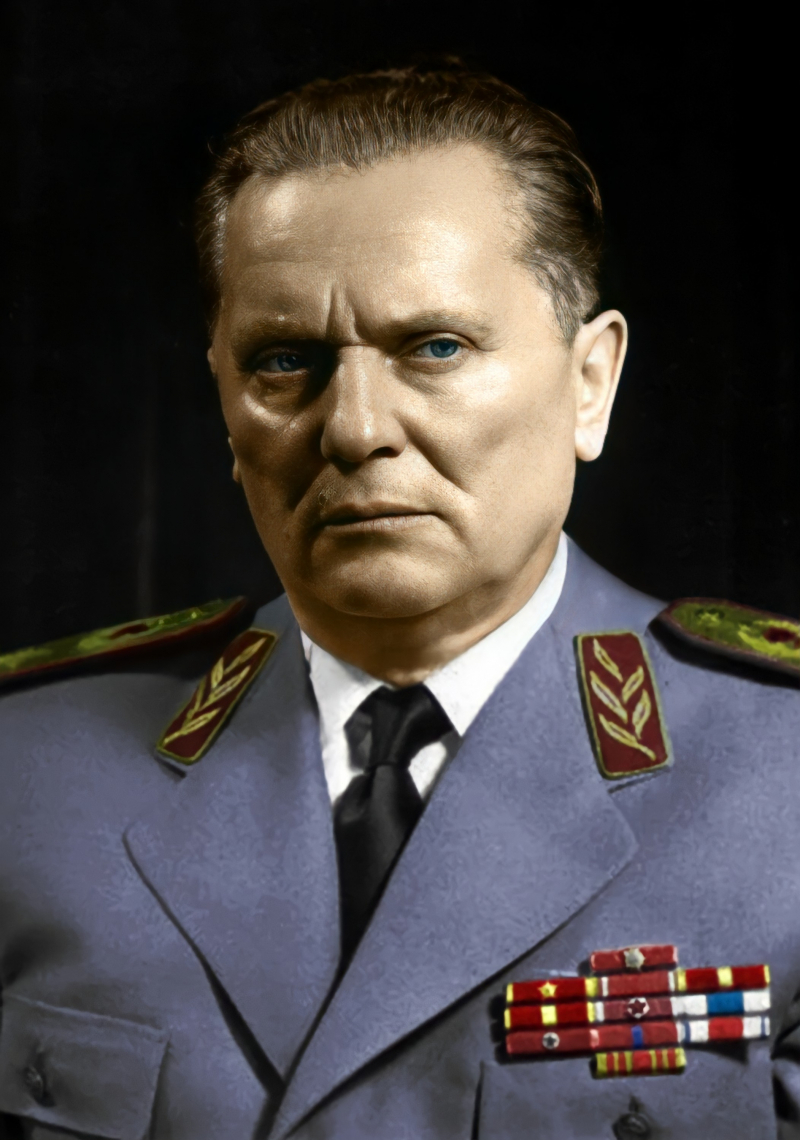Tito

The Partisan Army, led by Tito, also known as Josip Broz, was arguably one of the most successful uprisings in history. It was just one of the numerous insurgent organizations known collectively as the Yugoslav Partisans that appeared all over Yugoslavia following Nazi occupation in 1941. But towards the conclusion of the conflict, the Partisan Army in particular had become a significant obstacle for the Nazis.
Numerous strategies were used by Tito's Partisans to weaken the Nazis, including the publication of revolutionary literature to encourage other Yugoslavians to support their cause. After the war was over, Tito continued to lead the Socialist Federal Republic of Yugoslavia as its de facto leader until his passing in 1980.
Born: Josip Broz, 7 May 1892Kumrovec, Kingdom of Croatia-Slavonia, Austria-Hungary (now Croatia)
Died: 4 May 1980 (aged 87)
- President of Yugoslavia
In office: 14 January 1953– 4 May 1980
Prime Minister
Vice President
Preceded by: Ivan Ribar(as President of the Presidency of the People's Assembly)
Succeeded by: Lazar Koliševski(as President of the presidency)
- 19th Prime Minister of Yugoslavia
In office: 2 November 1944 – 29 June 1963
President: Ivan RibarHimself (from 1953)
Preceded by: Ivan Šubašić
Succeeded by: Petar Stambolić Additional ministries
- 1st Secretary-General of the Non-Aligned MovementIn office1 September 1961 – 5 October 1964
Preceded by: Office established
Succeeded by: Gamal Abdel Nasser
- 4th President of the League of Communists of Yugoslavia
In office: 5 January 1939 – 4 May 1980
Preceded by: Milan Gorkić
Succeeded by: Stevan Doronjski











